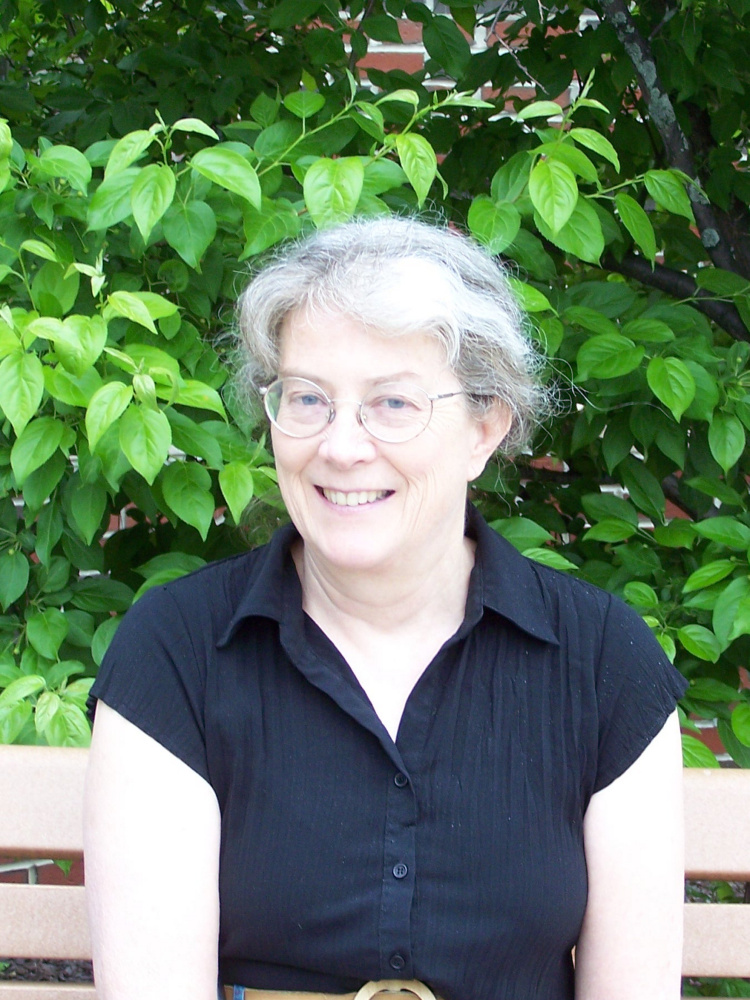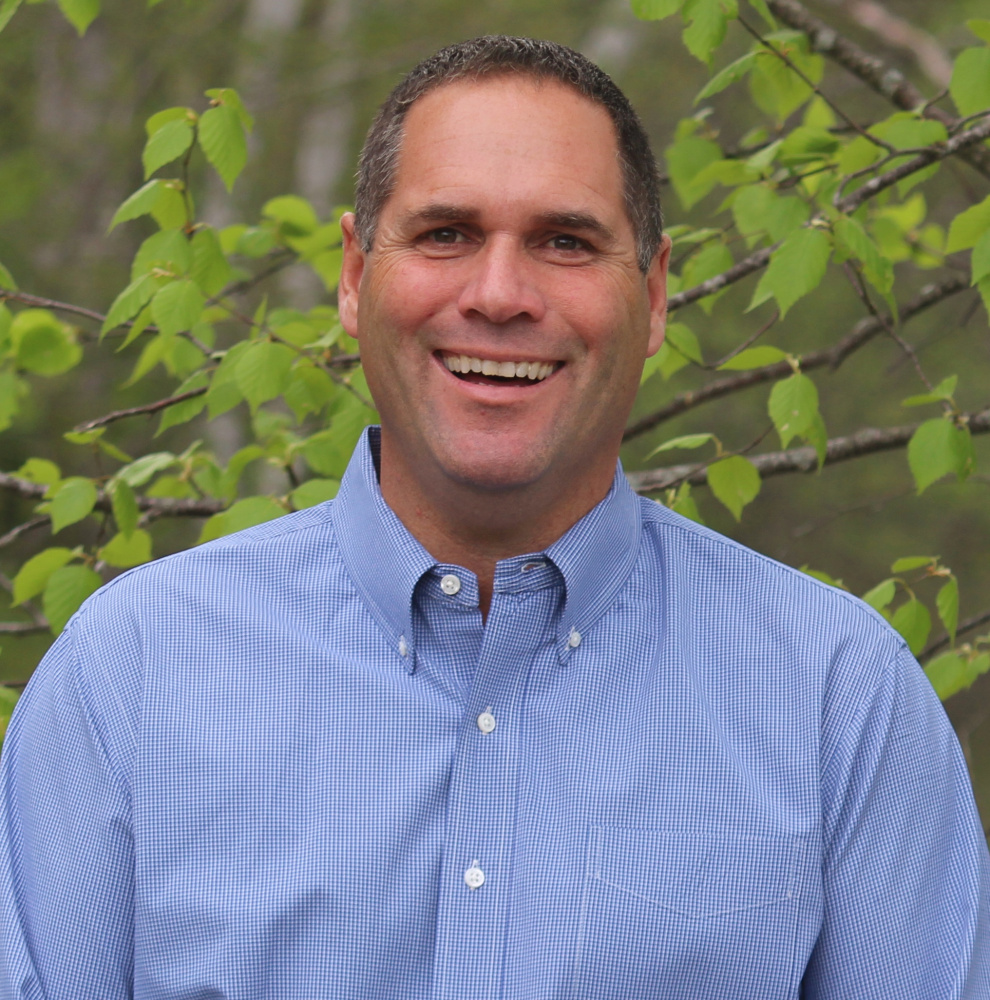A former state representative from Norridgewock and the incumbent who defeated her in 2014 are squaring off in a re-match to represent Maine House District 111, which includes Norridgewock, part of Madison and Solon.
Rep. Brad Farrin, R-Norridgewock, defeated Ann Dorney, D-Norridgewock, by a 7 percentage point margin — about 280 votes — in 2014. She held the seat from 2012 to 2014.
A physician in Skowhegan, Dorney said she is running for the same reasons as she did in 2012 — to improve the health of her patients who have been affected by decisions made on the state level regarding health policy, including the opioid crisis, child neglect and affordable health care.
Navigating the opioid crisis and securing more access to treatment are top priorities for Dorney, who said she sometimes has up to five people per day call her office seeking help with addiction, and “we have to turn most of them away.”
“We need to increase treatment options in the state and get more people into treatment if we’re going to solve this problem,” said Dorney, 63, who in 2014 was a co-sponsor of a law allowing police and emergency responders to carry and administer overdose-reversing drugs. She also spends time doing outreach and advocacy on child abuse and neglect, something she said is a major concern in Somerset County and the root of other problems.
Meanwhile Farrin, 52, a corporate facilities manager for Milton CAT, a construction company, said he hopes to build off a first term in which he worked closely with officials in Madison as they navigated the closure of Madison Paper Industries and co-sponsored legislation creating the Put ME to Work Program, expanding opportunities for post-secondary job training.
He also said he worked closely on an effort to increase access to education for National Guard members.
Both candidates said energy issues are one thing they would look closely at if elected.
Farrin voted against a proposed solar energy bill that aimed to expand the state’s solar power portfolio. He said recently that he is not against solar energy, but voted against the bill because he wasn’t sure how it would affect rate payers.
“I’m not against solar, not at all, but it was a 38-page comprehensive bill, and I couldn’t get anybody to look me in the eye and say, ‘This will not affect the ratepayers.'” he said. “If it’s a good bill, it will be back in January.”
Dorney, who sponsored legislation in 2013 to encourage the use of renewable energy, also said that if elected, she will focus on environmental and energy issues, trying to expand alternative energy, especially solar, as a way to create jobs and help the environment.
When it comes to Madison Paper and the future of business in the state, Farrin said there needs to be a continual focus on energy and unnecessary regulations and also said the Madison Board of Selectmen took the right approach in adjusting the town’s budget after the mill’s initial devaluation in 2014. He emphasized a need for the state to look at its school funding formula, something Madison officials asked the state to consider last year after the devaluation of Madison Paper forced the town to reconsider budgets, including its school budget.
“There are a lot of issues and they’re all tied together,” Farrin said. “To get the businesses to come here you have to address the energy piece, you have to have well-trained workers — that’s where the vocational piece comes in.”
Dorney said that in the wake of the mill’s closure it will be important for Madison and surrounding communities to consider the impact on residents with fixed incomes and for the state to restore revenue sharing that has been cut.
She also cited Skowhegan’s growing agriculture and food movement as a way communities in Somerset County can work on job creation and economic development in addition to a need to ensure rural broadband access.
“We have to look at what resources we have and how can we create jobs in our community,” she said. “We can’t expect someone from the outside to come in, but rather look at how can we as a community solve our own problems?”
Rachel Ohm — 612-2368
Twitter: @rachel_ohm
Send questions/comments to the editors.




